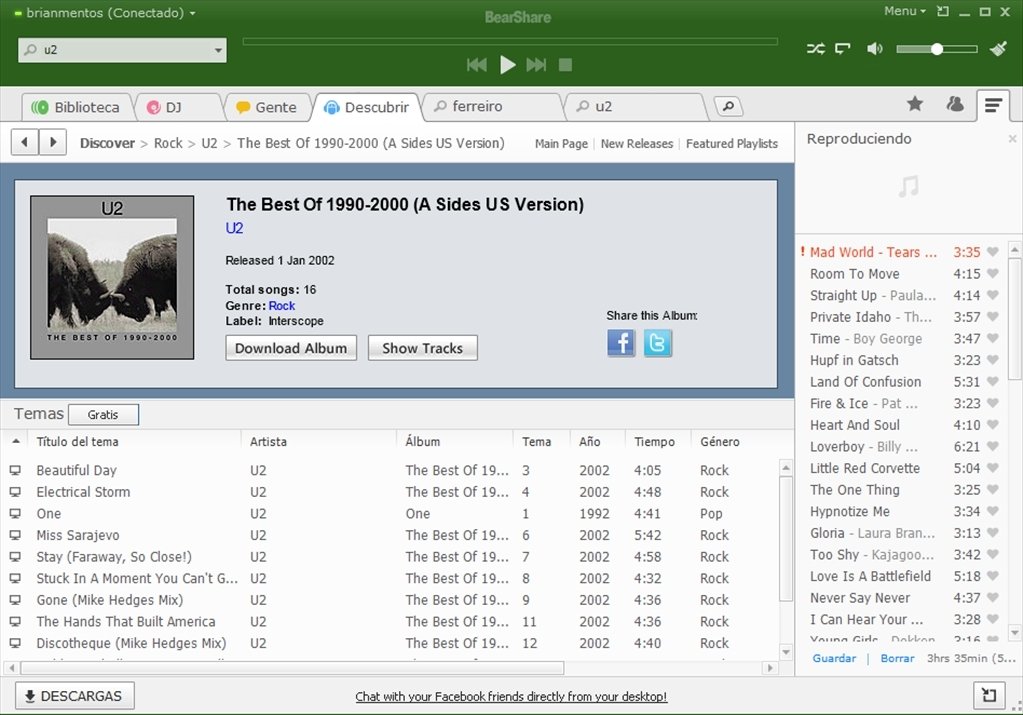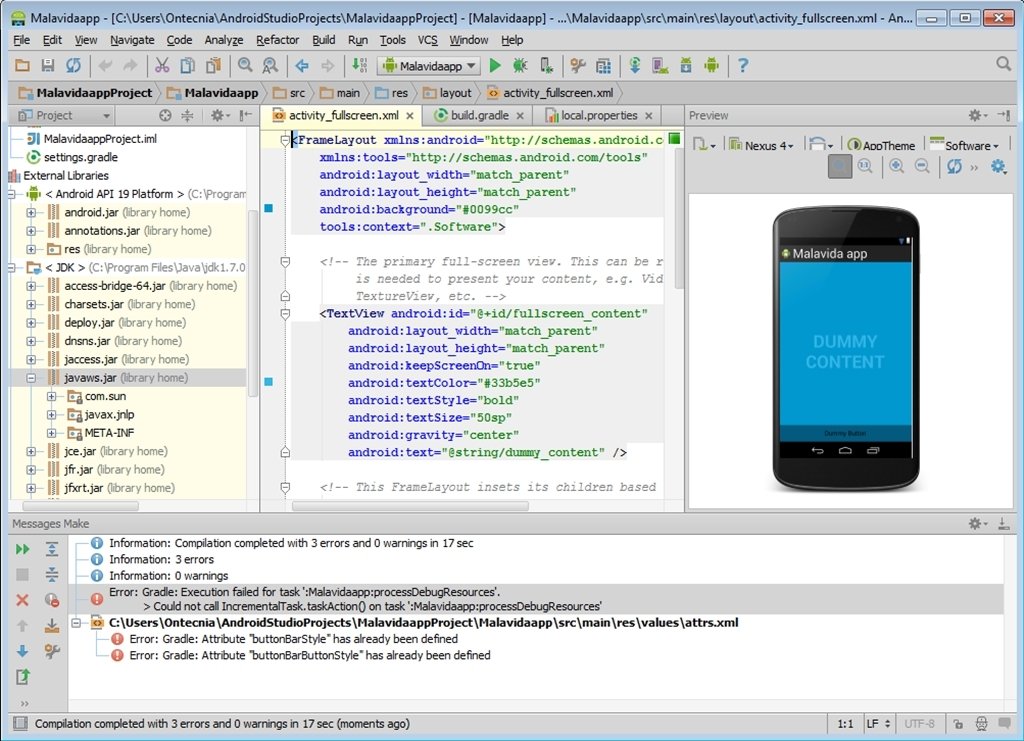While the developer is fixing the problem, try using an older version. If you need the previous version of Android Studio, check out the app's version history which includes all versions available to download. Download prior versions of Android Studio for Mac. All previous versions of Android Studio are virus-free and free to download at Uptodown. Cocos Creator v2.4.3 is here!This update brings more new features, optimizes performance and improves stability. Cocos Creator 2.4.3 is finally here!This update brings great new features and performance improvements, such as support for nested use of Prefab and support for Android x8664. WARNING: start “binstudio.exe” instead of “binstudio64.exe” if you only have 32 bit JDK installed. WARNING 2: environment variable “JAVAHOME” should be defined and should point to a valid JDK (e.g. “C:Program FilesJDK”) IDE for android development. License: Apache License 2.0: Version: 2.3.1: SHA-1. WARNING: start “bin studio.exe” instead of “bin studio64.exe” if you only have 32 bit JDK installed. WARNING 2: environment variable “JAVAHOME” should be defined and should point to a valid JDK (e.g. “C: Program Files JDK”) IDE for android development. License: Apache License 2.0: Version: 2.2.3: SHA-1 or SHA-256.
- Android Studio 2.3 3 Free Download For Mac
- Android Studio 3.5 Download
- Download Android Studio 3
- Android Studio 3.3.2 Download
The x86 Android* 2.3.7 (Gingerbread) emulator system image enables you to run an emulation of Android on your development machine. In combination with the Android SDK, you can test out your Android applications on a virtual Android phone device based on Intel Architecture.

In order to install the emulator system image, you can use the Android SDK Manager (Recommended Method):
- Install Guide - Recommended Method.
Alternately, you can download the binary zip file and unzip and copy the included directory into the system-images directory of your Android SDK installation. (Note that this method does not allow for automatic updates of the system image):
- Install Guide - Alternate Method.
| Link: File Description: File Size: MD5 Checksum: SHA-1 Checksum: | sysimg_x86-10_r04.zip System image binaries 65.8MB 5aeb108bb7aeabf6a993991cec071ddd 2783094f997557dba271b3f7ab05c355a39d9f67 |
| Link: File Description: File Size: MD5 Checksum: SHA-1 Checksum: | Intel_x86_sysimg_2.3.7_Source_Files.zip System image source 1.20 GB 36F1A0C623F3BDFCBEECE48B063CE319 78926687730a5ee9f43ccd87055c060aea767d62 |
We have just released Android Studio 2.3 Canary 3 to the Canary and Dev channels. The gradle plugin should be available from JCenter within the next 24 hours.

In addition to the usual plethora of bug fixes, there are a number of noteworthy changes in this release:
Android Studio 2.3 3 Free Download For Mac
Instant Run. We've made a big change to how Instant Run works in this release. Applying changes to a running applications is no longer tied to the Run button. The Run button will now always perform an application restart. To apply code and resource changes in the running process, there is a new button right next to it, 'Apply Changes', which attempts to hotswap the changes into the app. (The keyboard shortcut for Apply Changes is Control-F10 on Windows and Linux, and Cmd-Ctrl-R on Mac.)
The goal of this change is to make the Run button completely reliable. When you press Run, you can always be certain that your changes are reflected in the running app. Applying changes is now a separate action you take when you've made a tweak you want to see immediately. The Run button continues to use 'cold swap' to build the app more quickly than a full APK reinstall, but we've limited it to Lollipop and above where we don't need to rely on unsafe mechanisms to do so.
Build Cache. In Android Studio 2.3 Canary 1, we have enabled a new build cache (which uses a shared directory across projects to extract and compile libraries) by default. This turned out to break several features in the IDE that were making assumptions about the locations of libraries. In Android Studio 2.3 Canary 3, most of these bugs have been fixed; there are a few cosmetic ones remaining (such as listing library versions in the merged manifest editor and in documentation popups etc) that we'll be fixing next. Known issue.
Android Studio 3.5 Download
Layout Editor. There are several new features in the layout editor. First, the palette has been completely rewritten. The new palette offers previews of the widgets, better sorting, as well as search and filtering: click on the search icon to find a widget. Second, search and filtering now also works in the property inspector. And third, you can now customize the set of properties shown for a given widget type in the inspector. In the all properties table, click on the star icon to favorite the properties you want to see for this type of widget, and from now on these properties will be shown in the Favorites section in the component inspector.
In this build we've reworked the internal architecture to improve the performance and reliability, and there are some rough edges remaining that we'll be addressing in the next build. For example, the blue print mode is missing labels.
App Links Assistant. Android App Links allow your users to seamlessly deep link into your app experience. Adding Android App Links support in your app is now easier with this new experience in Android Studio. Just go to Tools > App Links Assistant in Android Studio to get started.
Download Android Studio 3
Lint. The command line HTML reports have been been overhauled -- instead of the old dark Holo look, they now have a Material design look, and the included code snippets are syntax highlighted etc.
Data binding: Several editor bugs were fixed, among them the frequently reported problem with functional expressions. The editor parser now handles these properly.

Dual debugger: The Hybrid debugger has been renamed to Dual debugger.
Android Studio 3.3.2 Download
ProGuard version update: We have upgraded the ProGuard version that the Android Plugin for Gradle uses to ProGuard 5.3.2.